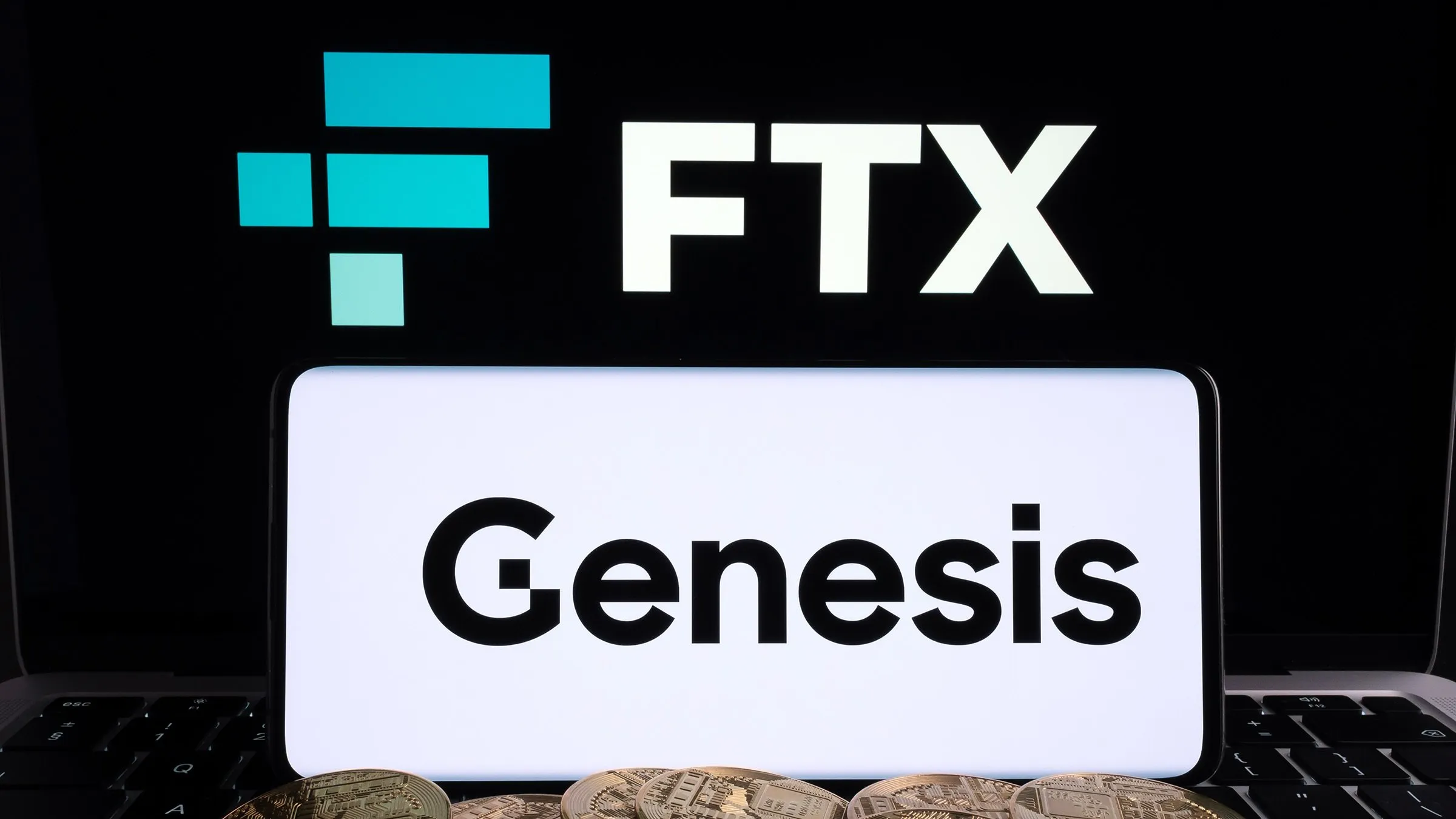In another notable turn of events in the FTX Chapter 11 bankruptcy proceedings, the collapsed crypto exchange is now attempting to recover approximately $3.9 billion from Genesis Global Capital (GGC).
In a May 3 filing, FTX said it intends to begin adversary proceedings against GGC “to claw back funds received by Genesis and non-debtor affiliates so that these funds can be shared with all other creditors of the FTX Debtors in the FTX Chapter 11 Cases.”
According to FTX, “these creditors include several million customers owed over $11 billion as of the time of filing of FTX Chapter 11 Cases."
The filing also called Genesis "one of the main feeder funds” for FTX and its sister company Alameda Research and said that Genesis received avoidable transfers from FTX’s debtors totaling almost $3.9 billion.
“Genesis was one of the main feeder funds for FTX and instrumental to its fraudulent business model," reads the document. "At one point in 2021, GGC had over $8 billion of outstanding loans to FTX Debtor Alameda Research Ltd.”
The filing further stated that “the business model of GGC was to gather cryptocurrency from various lenders, pass those loans through to Alameda and other borrowers, and receive a profit in the form of a net interest margin.”
“As part of their business arrangements with the FTX Debtors, GGC and GGC International maintained customer accounts on the FTX.com and GGC provided billions of dollars’ worth of cryptocurrency loans to Alameda,” added the filing.
Genesis is a subsidiary of Barry Silbert’s Digital Currency Group. Its lending business, Genesis Global Holdco, and two of its lending subsidiaries filed for Chapter 11 bankruptcy protection in January this year.
FTX did not respond immediately to Decrypt’s request for comment. A Genesis spokesperson told Decrypt via email that "Genesis remains focused on our restructuring process, through which we are working to reach a consensual resolution that maximizes value for all Genesis clients and stakeholders.”
Breaking down the FTX claims
According to Wednesday's filing, which FTX said “is based on currently available information,” Alameda repaid approximately $1.8 billion in loans to Genesis, while also pledging $273 million to Genesis in the 90 days before FTX filed for bankruptcy.
Additionally, the filing claims that over the same period, Genesis withdrew another $1.6 billion from FTX, while its affiliate company Genesis Global Capital International withdrew another $213 million.
According to FTX, the resolution of the clawback claims will partly depend on “the determination of central issues,” such as “the valuation of collateral and the proprietary FTT token as well as payment practices on retail international cryptocurrency exchanges.”
FTX filed for bankruptcy last November, along with its American arm FTX US, Alameda Research, and more than 100 affiliated companies.
The collapse of the once-popular cryptocurrency derivatives exchange came in the wake of a selloff of its FTT token and a liquidity crunch that suggested FTX did not hold one-to-one reserves to back customer assets.
FTX's current CEO John Ray III, who’s been leading the company during its Chapter 11 bankruptcy proceedings, last month revealed that the process of recovering funds has been a pretty difficult one.
"It has taken a huge effort to get this far. The exchanges' assets were highly commingled, and their books and records are incomplete and, in many cases, totally absent," he said after FTX published the fourth in a series of interim financial updates.
"For these reasons, it is important to emphasize that this information is still preliminary and subject to change," added John Ray III.

